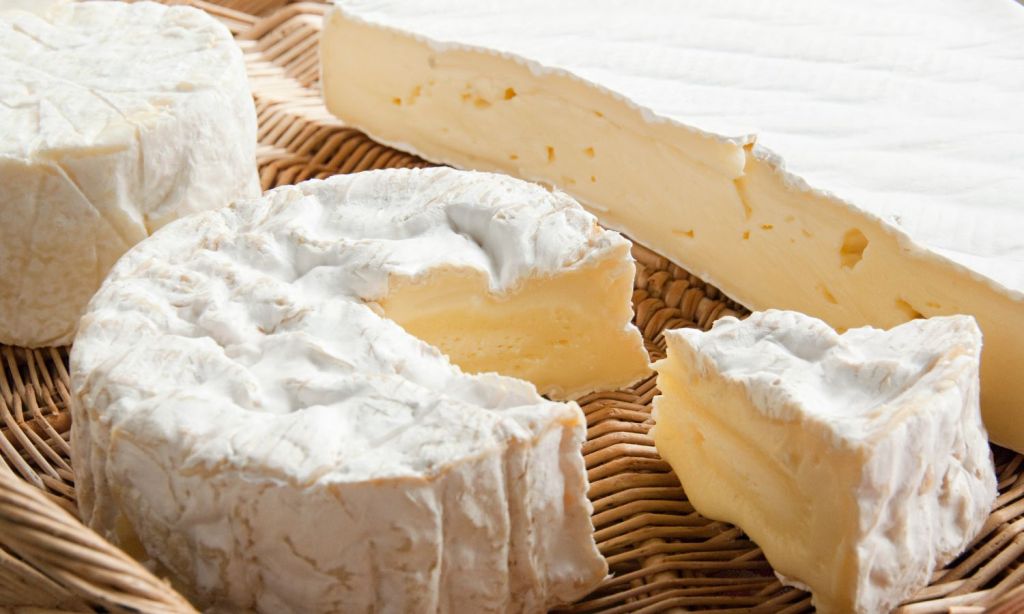Camembert, brie and some blue cheeses might soon disappear from cheeseboards around the world. The soft cheeses are on the verge of extinction, causing a potential cheese crisis, according to the French National Center for Scientific Research (CNRS).
It’s a dramatic statement, and only partially true. The issue is a collapse in microbial diversity. Each of these cheeses is an ecosystem of fungi and bacteria that turn milk fats and proteins into hundreds of compounds. Those compounds produce the cheese’s flavours, smells and textures.
In recent decades, cheese producers have reduced their genetic diversity. Today, some of the most famous French cheeses use just a single fragile strain of fungi that’s at risk of dying out.

“It’s a reminder that biodiversity matters, even when you can’t see it,” writes Vox. “Life’s finer things, indeed, depend on it.”
Still, though, saying the cheeses may become extinct might be an overstatement. Will Studd, an international cheese specialist for over four decades, says that if the mutant albino Penicillium camemberti disappears, it is unlikely to have a major impact on the industry as there are alternatives, like Penicillium biforme.
“Traditional cheese has always evolved, and alternatives are being worked on,” he says. “There is no way these traditional cheeses will go extinct. The finest examples still develop a mottled orange-grey rind and use very little Penicillium camemberti.”
Australia doesn’t make its camembert and brie, and instead has to rely on it coming from overseas — a decision made in 2015. Australian company Dairy Innovation Australia Ltd had been doing so, but in that year, it was sold to a Danish biotechnology company. Since then, Australian law states that these French raw milk cheeses cannot be imported into the country.
“The governments, in their wisdom in the past, decided we no longer needed to be involved in that sector,” said the chair of the Australian Specialist Cheesemaker Association, Paul Wilson, via the ABC.
Should we ever experience a shortage or lack of camembert or brie on our supermarket shelves, Studd recommends instead reaching for soft-surface, ripened cheese covered in the wrinkled, ivory-coloured Geotrichum mould.
“They are a sure sign of a carefully made cheese,” he says.
Related: Taylor Swift’s Entourage Couldn’t Get Enough of This Melbourne Café
Related: Leave Behind Melbourne’s Buzzing Laneways For These Serene Luxury Escapes Nearby
Read more stories from The Latch and subscribe to our email newsletter.







